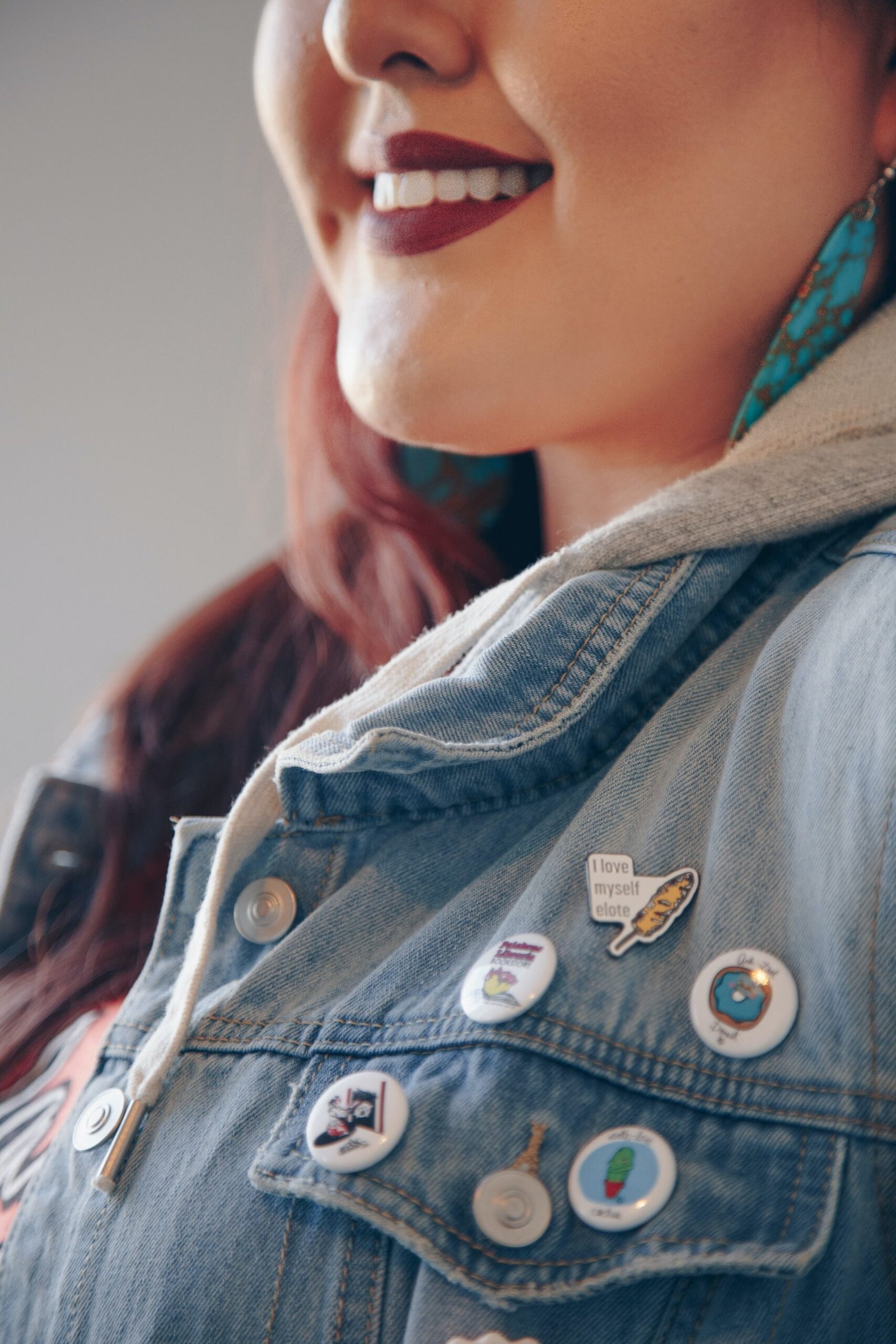Many people use hair pins to style their hair during the day, but what about wearing them while you sleep? It’s a common question, and the answer depends on a few factors. In this blog post, we’ll explore whether it’s OK to sleep with hair pins and provide some tips for a comfortable and safe night’s sleep.
Benefits of Sleeping with Hair Pins
Some individuals find that sleeping with hair pins can have several benefits. For starters, hair pins can help to keep your hair in place, preventing it from becoming tangled or messy overnight. This can be especially helpful if you have long hair or are prone to tossing and turning in your sleep.
Additionally, hair pins can be used to create overnight hairstyles that can save you time in the morning. For example, if you want to achieve natural-looking waves or curls, you can twist sections of your hair and secure them with hair pins before going to bed. In the morning, you can remove the hair pins and enjoy effortless, beautiful hair.
Potential Risks of Sleeping with Hair Pins
While there are benefits to sleeping with hair pins, there are also some potential risks to consider. One concern is that the hair pins could become loose or move around during the night, causing discomfort or even injury. If you’re a restless sleeper or tend to move around a lot during the night, it’s possible that the hair pins could dig into your scalp or poke you.
Another risk is that the hair pins could get tangled in your hair or cause breakage. If you’re using hair pins that have sharp edges or are made of a material that can snag your hair, it’s important to be cautious. Consider using hair pins that have smooth edges or are coated with a protective material to minimize the risk of damage to your hair.
Tips for Sleeping with Hair Pins
If you decide to sleep with hair pins, here are some tips to ensure a comfortable and safe experience:
- Choose hair pins that are comfortable to sleep in. Look for ones that have a smooth surface and rounded edges to minimize discomfort.
- Avoid using hair pins that are too tight or too loose. Hair pins that are too tight can cause headaches, while those that are too loose may not effectively hold your hair in place.
- Consider using hair pins made of materials that are gentle on your hair, such as plastic or coated metal.
- Before going to bed, make sure your hair is dry. Sleeping with damp hair can increase the risk of breakage and damage.
- Remove the hair pins gently in the morning. Avoid yanking or pulling them out, as this can cause hair breakage or discomfort.
Ultimately, whether or not it’s OK to sleep with hair pins is a personal choice. If you find that sleeping with hair pins improves your hair’s appearance and makes your morning routine easier, then go for it! Just be mindful of the potential risks and take precautions to ensure a comfortable and safe sleep.
Remember, everyone’s hair is different, so what works for one person may not work for another. If you have any concerns or experience discomfort while sleeping with hair pins, it’s best to consult with a hairstylist or a healthcare professional.
So, the next time you’re considering sleeping with hair pins, weigh the pros and cons, and make an informed decision based on your personal preferences and hair type. Sweet dreams!
